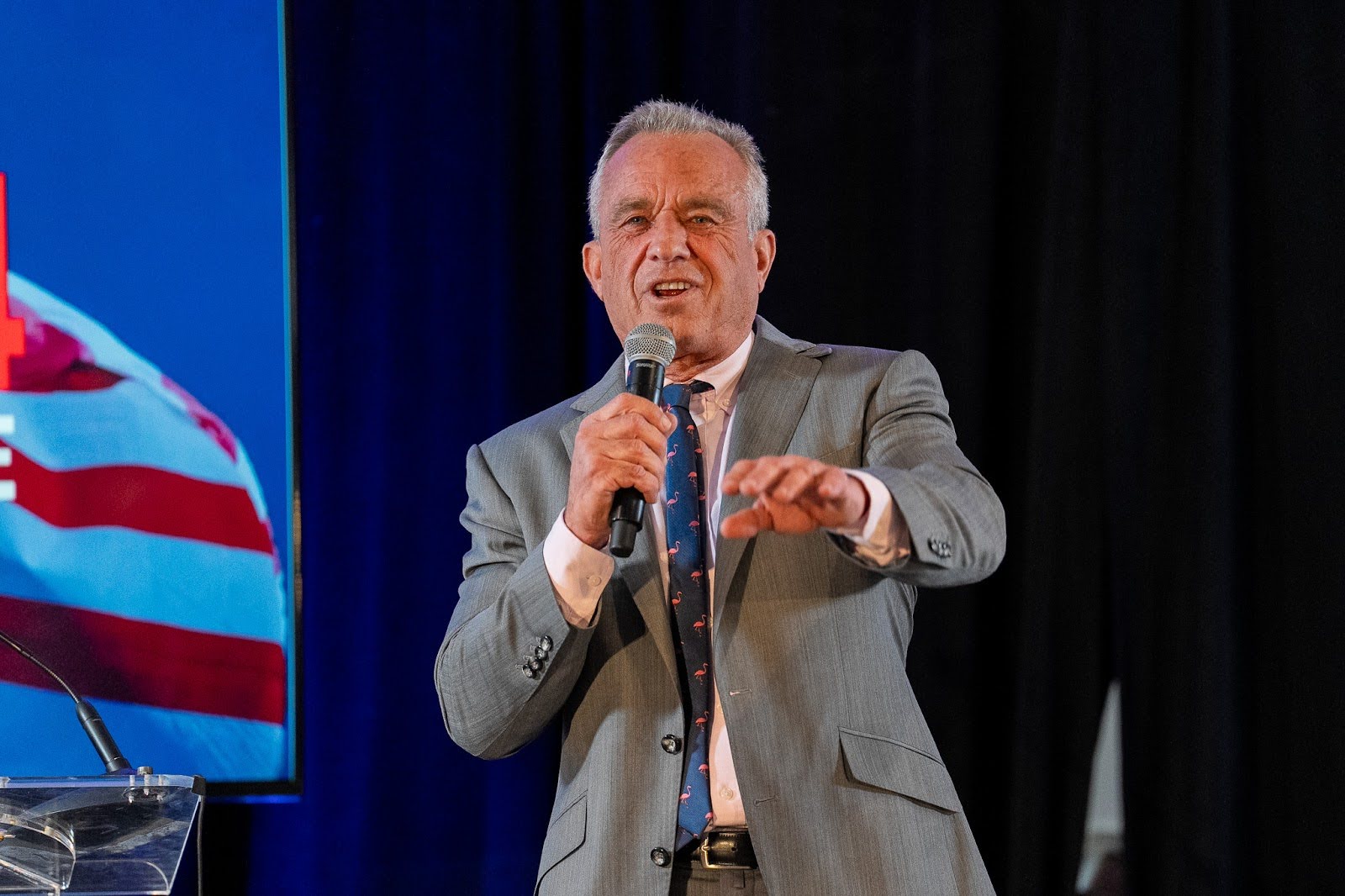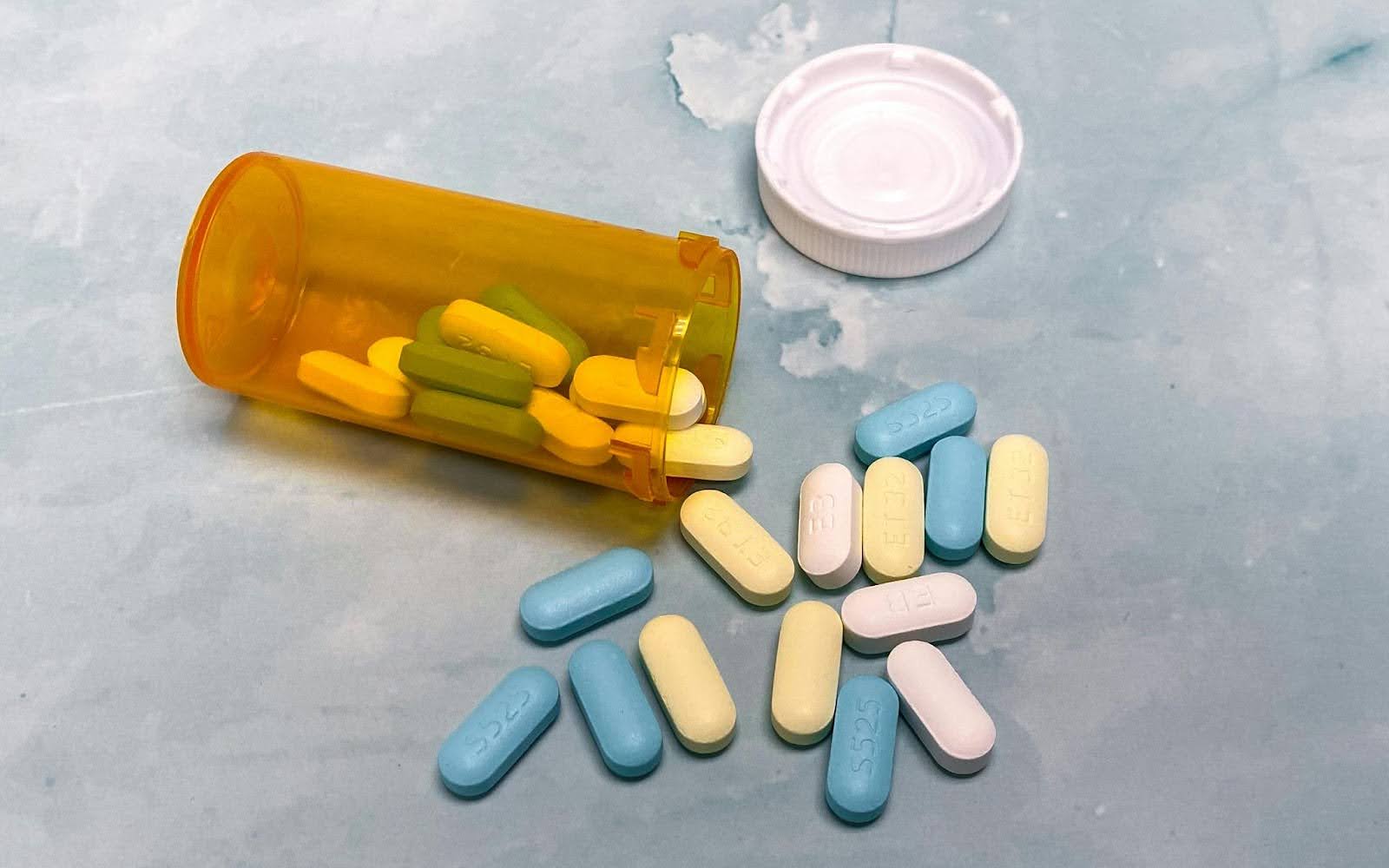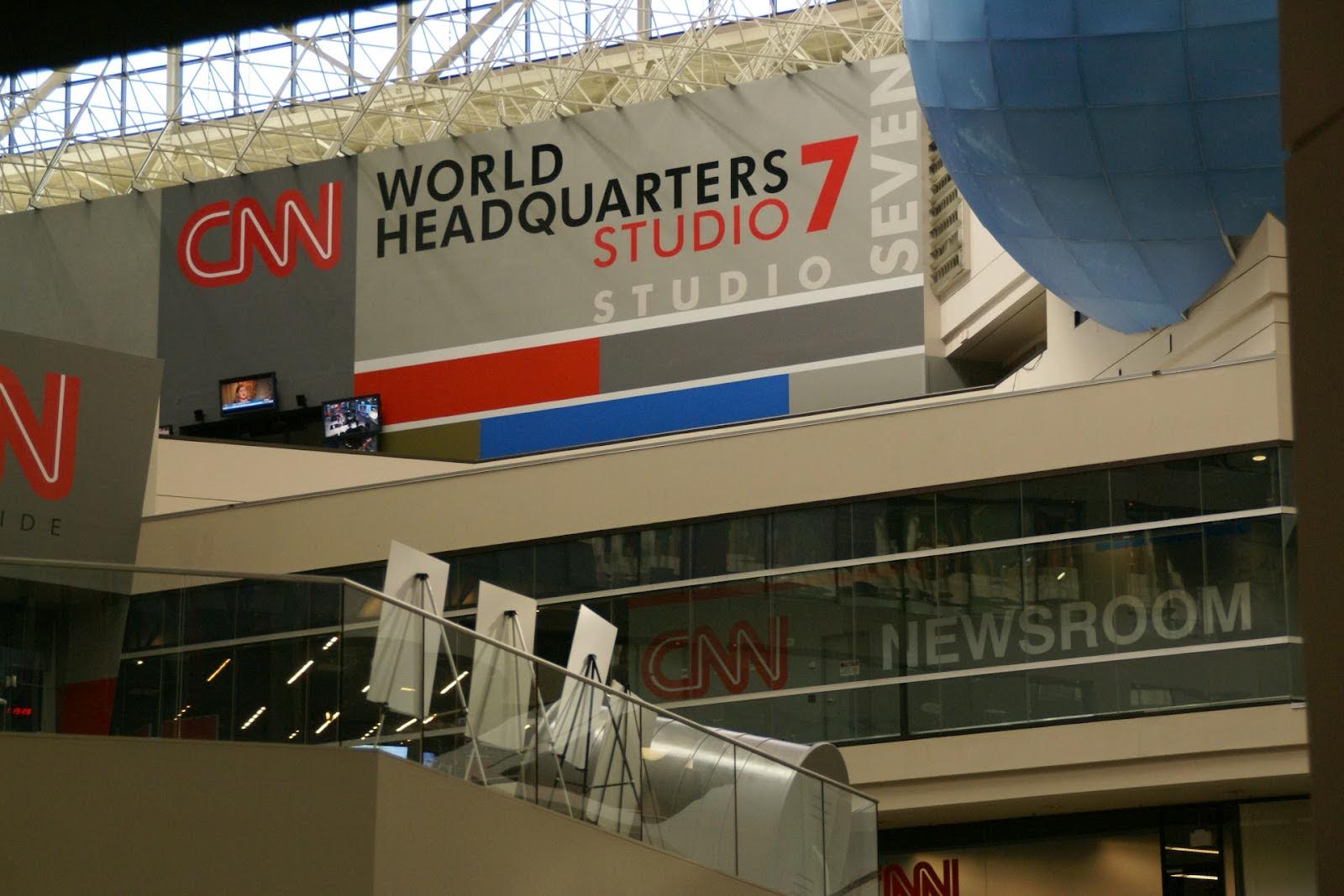U.S. News
RFK Jr. Proposes Pharma TV Ad Ban to Combat Media Bias and Corporate Sway
By Marc Guberti · January 4, 2025

President-Elect Trump seems onboard, too, taking to X to state that drugmakers and big food companies “have engaged in deception, misinformation, and disinformation.” Democratizemedia, CC0, via Wikimedia Commons

Loose 1997 FDA Policy Change Sparks Pharma Ad Boom
Pharmaceutical companies put plenty of ads on news channels, but they also turn to online platforms for their ad campaigns. Some pharma firms spend more than $1 billion on advertising each year.The pharma ad boom started in 1997 when the FDA relaxed many of its policies around direct-to-consumer ads. It gave companies more flexibility to make claims about potential health benefits while briefly covering any possible side effects. Photo by Etatics from Pexels

30% of Evening News Revenue at Stake
A push to ban pharma ads would have an outsized impact on evening news programs from TV channels like ABC, CBS, CNN, Fox News, MSNBC, and NBC. Data from iSpot indicates that 30.7% of ad minutes for those channels were pharma ads for evening programs.Removing these ads would result in significant revenue losses for these companies. Advertisers would also be in a position to negotiate more favorable terms since there is less competition for the same amount of ad placements. Hermann Luyken, CC0, via Wikimedia Commons

RFK Jr. Criticizes Media Ties to Pharma Ads
RFK Jr. has suggested multiple times that the significant ad spend from pharmaceutical companies has influenced media coverage of their drugs.The idea is that if a drug company spends $30 million per year for ad placements on a TV network, that network is less likely to criticize the pharmaceutical company or highlight mishaps. On the contrary, RFK Jr. believes that the pharma ad revenue has been keeping reporters obedient to these corporations, to the detriment of consumers. Photo by microgen from Getty Images Pro

Pharma Ad Ban Faces Legal Hurdles and Pushback
There’s some debate about whether RFK Jr. can immediately ban pharma ads without facing some pushback. The first Trump administration tried to require drugmakers to include prices in their TV commercials, but that request was shot down by a federal judge.John Hosier, president of healthcare consulting firm John Hosier Healthcare Consulting, suggested that RFK Jr. is more likely to increase transparency than ban all pharma ads. If RFK Jr. gets to the finish line, the initiative will likely have to overcome several legal obstacles. Photo by bitenka from Getty Images